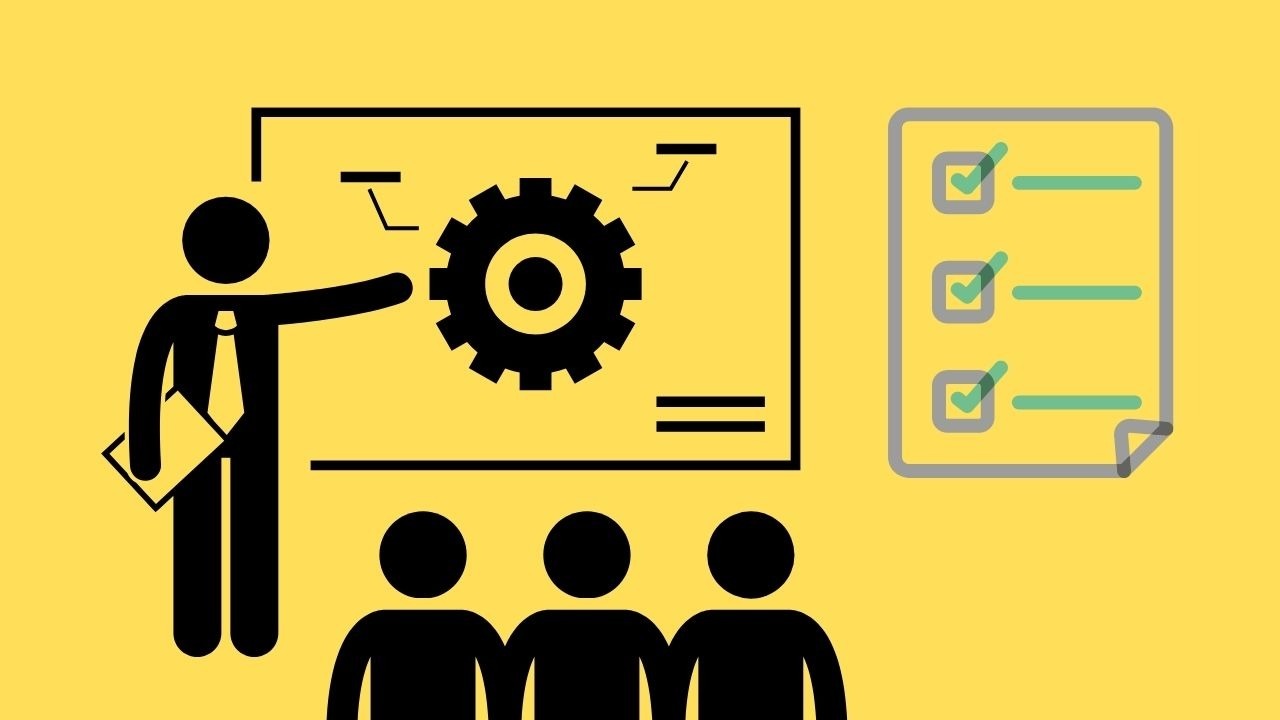
The Benefits of Deliberate Practice to Help Improve Your Life
Nov 11, 2021Improvement is an important goal for many people. However, it can be challenging to figure out how to get there. If you are looking for self-improvement or improvement in any other aspect of your life, then deliberate practice might be the answer that you need. Deliberate practice is a form of training where someone deliberately improves their ability in a skill by doing exercises repeatedly until they become perfect at them. It's time to start deliberate practice if you want better results.
Regular practice vs. deliberate practice
If you want to do something correctly, you need to practice. Deliberate practice differs from regular practice with its main goal: improvement. There's nothing wrong with doing practice sessions so you can perform a skill correctly and have fun in the end. People might do some practice activities because they want to turn something into a habit and maintain a certain skill level with what they are doing. However, if you aim to reach the next level of performance in what you are doing, deliberate practice can help you achieve it.
If you want to start doing some deliberate practice for something, be prepared to face many failed attempts, mistakes, and frustration from not achieving the level of performance you wanted to do. During deliberate practice sessions, performing a skill in the proper form is not enough. It's the higher-level performance that you are aiming for, so times will come when you feel frustrated. Fun is not strictly part of the equation.
Why bother with deliberate practice?
Humans tend to seek what is comfortable and easy to do, so it's only natural that you might frown upon the idea of focused practice. However, deliberate practice requires dedication, intense focus, patience, and motivation. Physical or mental abilities can both benefit from deliberate practice. You might think deliberate practice only involves people aiming to become better athletes for a particular sport or people who want to become better in performing arts or playing music. However, deliberate practice can also work for any other craft as long as you seek improvement. Maybe you are not content enough with what's happening in your life, and you want to attain a higher version of yourself. This moment is when you should engage in deliberate practice.
Components of deliberate practice
What makes deliberate practice different from just regular rote practice it that it is systematic and structured. With standard practice, you can start on your own and do something repeatedly until you get the hang of it and do it properly. However, you don't know if you did it the right way or have you improved at all. With deliberate practice, your goal is to improve performance, and you will know this by using metrics and systems that can assess whether you are improving or not. A coach is a deliberate practitioner's best friend as he is the one that will train you and use such metrics to assess your improvement.
You will tackle your weaknesses and bad spots during deliberate practice, so be prepared to do unpleasant things repeatedly. Also, you must have the mental strength to resist feeling down since you will often hear criticism and feedback on everything you're doing wrong. It's hard to get motivated when you seem like you are not making any progress at all. But you have to push through if you truly want to become better. At the very least, deliberate practice requires rest, so you don't burn yourself out and be in good condition on your subsequent practice sessions.
Time and motivation
When you want to do some deliberate practice in your life, you have to remember that a long time will pass before you become excellent in your field. Depending on how high you want to achieve, it can take years of training before becoming good. There is no such thing as people with the natural ability to do something or the innate talent to be excellent right away at something. The most successful and talented people spent years of practice before they got to where they are. Although some circumstances and situations in their life allowed them to reach their expert-level performance, practicing deliberately for years ultimately allowed them to achieve that state.
What makes deliberate practice motivating is not the external reward you would get after becoming excellent, such as money, fame, or status. Instead, it's the desire the improve. No matter how many times you fail, if self-improvement is your motivation, you will keep trying no matter how hard or frustrating the training. To make things easier, you don't have to hit the big goal immediately. Instead, breaking the goal into smaller chunks and creating a plan will make the learning process more effective. Once you hit your target for a particular skill, it's time to learn new skills and move to the next level. You keep on practicing until you hit the level of performance you want.
Conclusion
With deliberate practice, even an average person can become a genius through dedicated practice over time. But, of course, no one's born a genius. We all need to learn things and skills as we go through life. The things that can make the difference are how much you are willing to learn and improve in your life. Some of us are content with where we are in life, but some want to strive for something higher. Deliberate practice develops discipline and instills in our minds the value of hard work. Even better, when you attain an expert performance level, new paths will open so you can achieve tremendous success in life.



